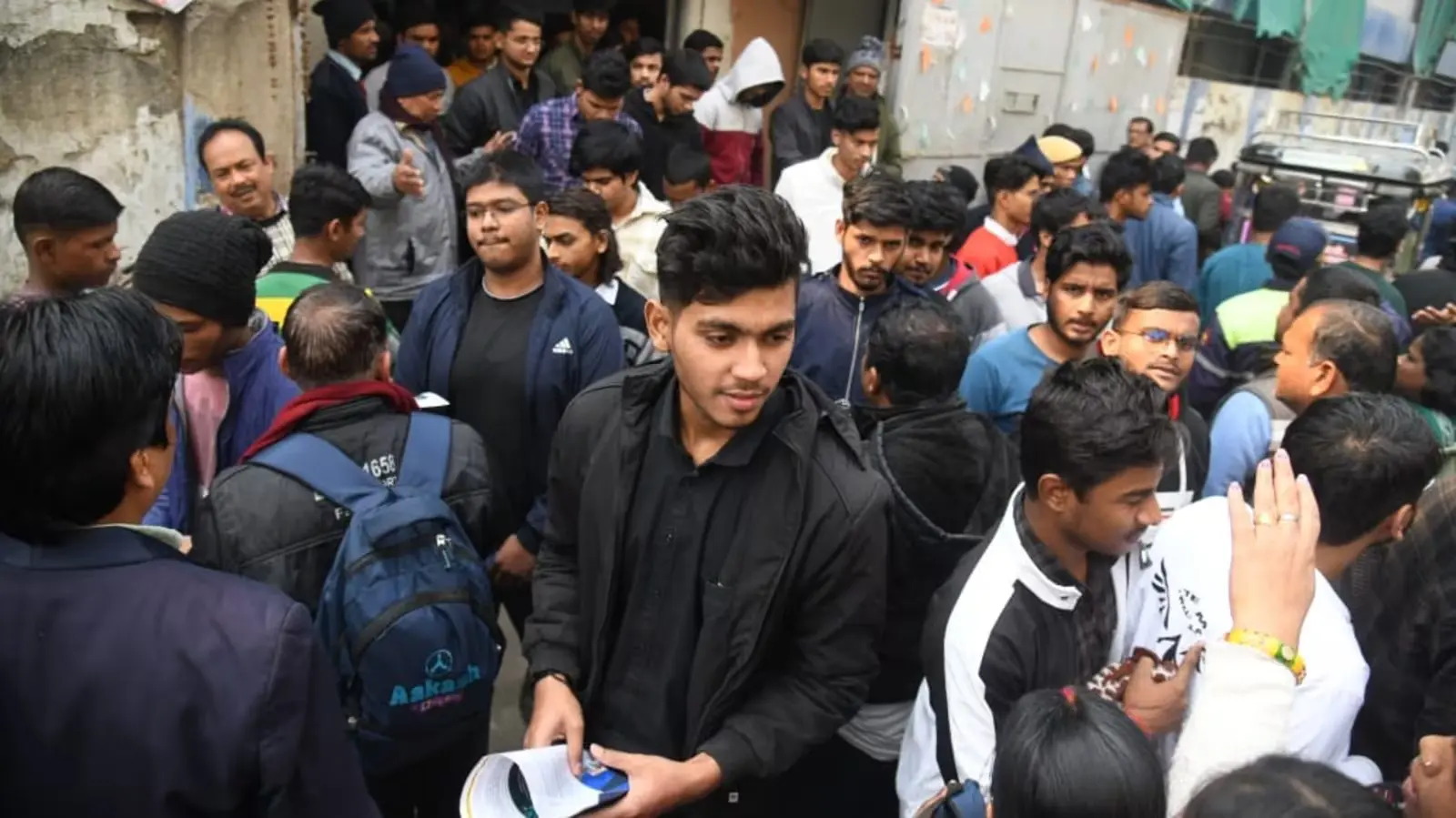
UCC in Uttarakhand: A Milestone in Legal Equality
In a landmark move, the state of Uttarakhand has become the first in India to implement the Uniform Civil Code (UCC). Chief Minister Pushkar Singh Dhami announced the enforcement of the UCC on January 27, introducing significant reforms aimed at creating a unified legal framework for all citizens. The initiative reflects the government’s commitment to equality, ensuring that all individuals are governed by the same set of laws, irrespective of their caste, religion, or community.
The implementation of the UCC includes mandatory online registration for marriages, divorces, and live-in relationships, marking a significant step towards greater legal accountability and transparency.
Halala and Iddat Practices Abolished
Among the key changes introduced with the UCC is the abolition of the controversial practices of Halala and Iddat. These practices, rooted in Islamic law, have been subjects of extensive debate and criticism.
What Is Halala?
Halala is an Islamic practice where, if a woman is divorced (talaq) and wishes to remarry her former husband, she must first marry another man, consummate the marriage, and then divorce him. This process has faced widespread criticism for its perceived exploitation of women and is not universally practiced within the Muslim community.
Understanding Iddat
Iddat refers to the waiting period a woman must observe after divorce or the death of her husband before remarrying. The duration depends on specific circumstances:
- Widowhood: A widow must observe an Iddat period of four months and ten days, extended until childbirth if she is pregnant.
- Divorce: A divorced woman’s Iddat lasts for three menstrual cycles or three lunar months. If pregnant, it extends until childbirth.
During the Iddat period, women traditionally follow certain practices, such as refraining from public appearances and maintaining modesty.
Key Changes Under the UCC
The implementation of the UCC in Uttarakhand has introduced several notable reforms, reshaping personal laws and promoting equality across all communities. Here are the key highlights:
1. Mandatory Marriage Registration
All marriages must now be registered, providing legal recognition and safeguarding the rights of couples.
2. Uniform Divorce Laws
Divorce laws will be consistent across all religions, eliminating disparities and ensuring fairness.
3. Standardized Marriage Age
The legal minimum age for marriage is now set at 18 years for girls across all communities.
4. Monogamy Enforced
The UCC prohibits remarriage for either spouse if both are alive, promoting monogamy and equality.
5. Gender-Equal Inheritance Rights
Both sons and daughters will have equal rights to inherit property, addressing longstanding gender disparities.
6. Live-In Relationships Recognized
Live-in relationships must be registered to ensure legal protection and recognition for those involved. Additionally, parental consent is required if either partner is underage (below 18 for girls and 21 for boys).
7. Legal Rights for Children
Children born from live-in relationships will have the same legal rights as those born to married couples, ensuring equality and protection under the law.
8. Adoption Rules Standardized
While all communities retain the right to adopt, adoption across different religious lines will not be permitted, maintaining uniformity within religious groups.
9. Scheduled Tribes Excluded
Scheduled Tribes are exempt from UCC provisions, ensuring that their specific legal frameworks remain intact.
Significance of UCC in Uttarakhand
The enforcement of the UCC marks a pivotal moment in India’s legal history, setting a precedent for other states to follow. By abolishing practices like Halala and Iddat, the Uttarakhand government has taken a bold step towards gender equality and the protection of women’s rights. The standardization of laws governing marriage, divorce, and inheritance aims to foster a sense of unity and justice among citizens.
Specifications of UCC Implementation in Uttarakhand
| Aspect | Details |
| Effective Date | January 27 |
| Key Changes | Abolition of Halala and Iddat practices, uniform marriage and divorce laws |
| Marriage Registration | Mandatory for all communities |
| Minimum Marriage Age | 18 years for girls |
| Inheritance Rights | Equal for sons and daughters |
| Monogamy Enforcement | Remarriage prohibited if both spouses are alive |
| Live-In Relationship Rules | Registration required; parental consent for underage individuals |
| Adoption Rules | Restricted to within the same religion |
| Exclusions | Scheduled Tribes |
Conclusion
The Uniform Civil Code’s implementation in Uttarakhand is a transformative step towards creating a more equitable society. By addressing outdated practices and standardizing laws across communities, the state has set a benchmark for progressive legal reforms in India. This historic move not only ensures equal rights for all citizens but also paves the way for a more unified and just legal system.







